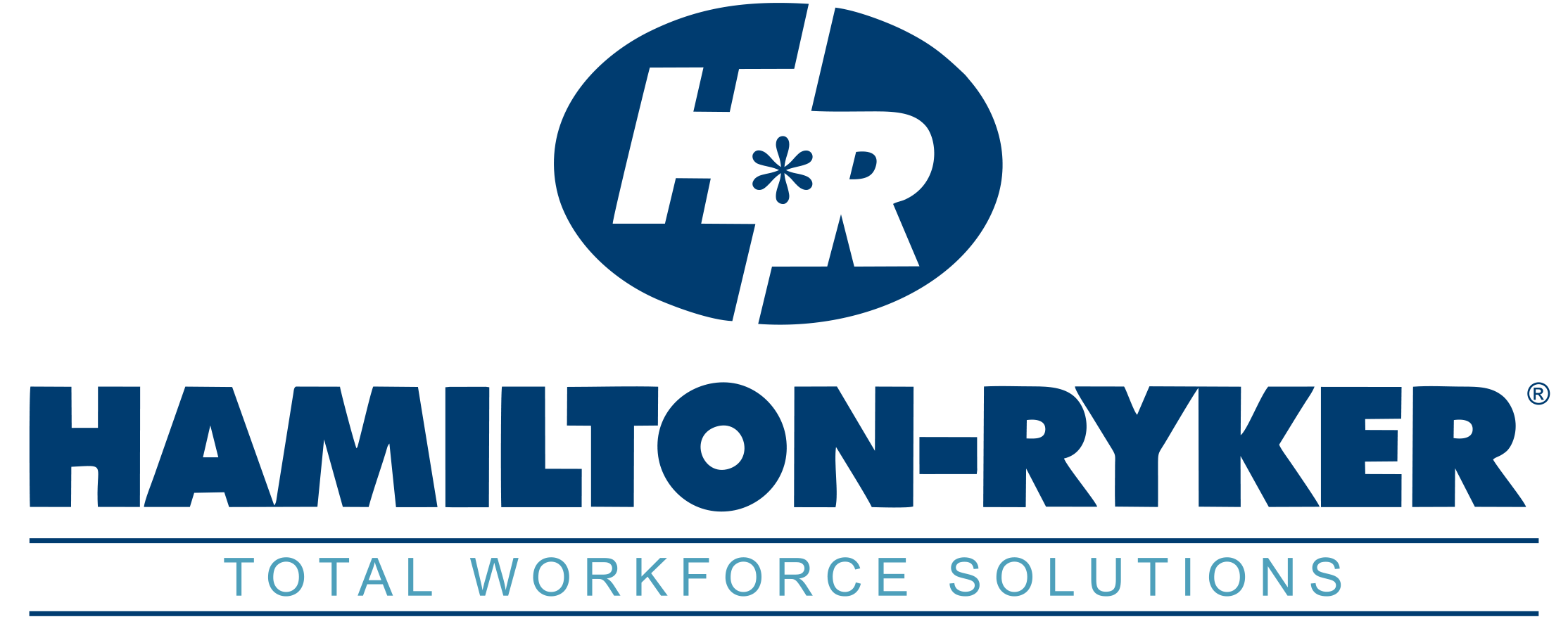How Soft Skills Training Boosts Productivity
Employees are often judged on how adept they are at the task associated with their position. Do they have the prerequisite knowledge to perform the task? Are they skilled with the appropriate machinery?
These skills can be tested and are frequently required in order to be hired into a position. The reasons for this are obvious. However, there are a variety of other factors that help an employee be a productive asset to a company. And even though they might not be as immediately apparent, they have a huge impact on their effectiveness as an employee.
This is what’s known as soft skills. They are characteristics that help a person to work well on a team and contribute to a positive work environment. There are a variety of examples of this and they are all advantageous.
But how do you know if an employee has the necessary soft skills to perform a task? And how can you help develop these skills? Let’s look a little deeper into how soft skills training can be beneficial to a company and boost productivity.
Immediate Problem Solving
Soft skills training helps your employees to look at their problems in a creative way. It can be easy for a person to halt operations and look for a manager when something goes wrong. And this is often the best thing to do. However, any time spent waiting for instruction will take away from that person’s productivity.
The ability to address their own problems will help save time and money. Taking care of small issues on their own gives the employee a sense of autonomy and aids in productivity for the overall company.
Visit Hamilton-Ryker and see how soft skills training can help improve your productivity.
Better Interpersonal Relationships
Communication is a huge part of being a good coworker and employee. Soft skills training offers instruction on how to get along better with those around you. Any form of discontent between employees is toxic. It spreads out beyond the people who are directly involved to create an atmosphere that isn’t conducive to productive work.
But those that address their issues and work to get along with each other will be able to spend more time on their tasks. Negative relationships shift the focus of a workday from contributing to the overall operations to simply withstanding a bad relationship.
Improved Time Management
Many employees need help to figure out how their time is best spent. This could relate to prioritizing their responsibilities, organizing appropriate break times, or any other of the many decisions an employee has to make throughout the day. And proper time management has a drastic effect on a person’s overall productivity.
Giving your employees the tools they need to better use their time means you are getting more out of each person on a shift. Time management skills will help your employees beyond what they see at work. It could even help employees improve their punctuality and other beneficial habits.
Reduction in Conflicts
Occasional conflicts are bound to come up, even with an improvement in general interpersonal relationships. Employees often work in close quarters for long periods of time. It’s human nature for emotions to eventually spill over. And while this might be natural, there are many different ways to handle these situations.
The ability to de-escalate these conflicts before they become larger problems is a great asset. This helps the employees to avoid a negative experience at work. It also helps the company to avoid a serious Human Resources issue. Employees are much more productive when they aren’t battling each other.
Increased Adaptability
Problem-solving skills can benefit an employee in many ways. We’ve already discussed how beneficial it is for an employee to be able to think creatively to address problems. Soft skills training also helps an employee to adjust themselves to new developments, tasks, or even complications in their daily duties.
People tend to get annoyed when they are forced out of their comfort zone. Strong soft skills give an employee the ability to adjust themselves to new situations and maintain their levels of productivity.
Make Good Employees Better
Every employee can benefit from improving their soft skills. This is true for brand new employees as well as employees that have provided faithful service for years. There is always room for improvement in how we handle tough situations. We can also frequently use a realignment of our priorities, viewpoints, and how we handle various situations.
A previously productive employee can always improve upon their performance. Nobody is perfect, and that’s okay. But soft skills training can help get a star employee to shine even brighter.

